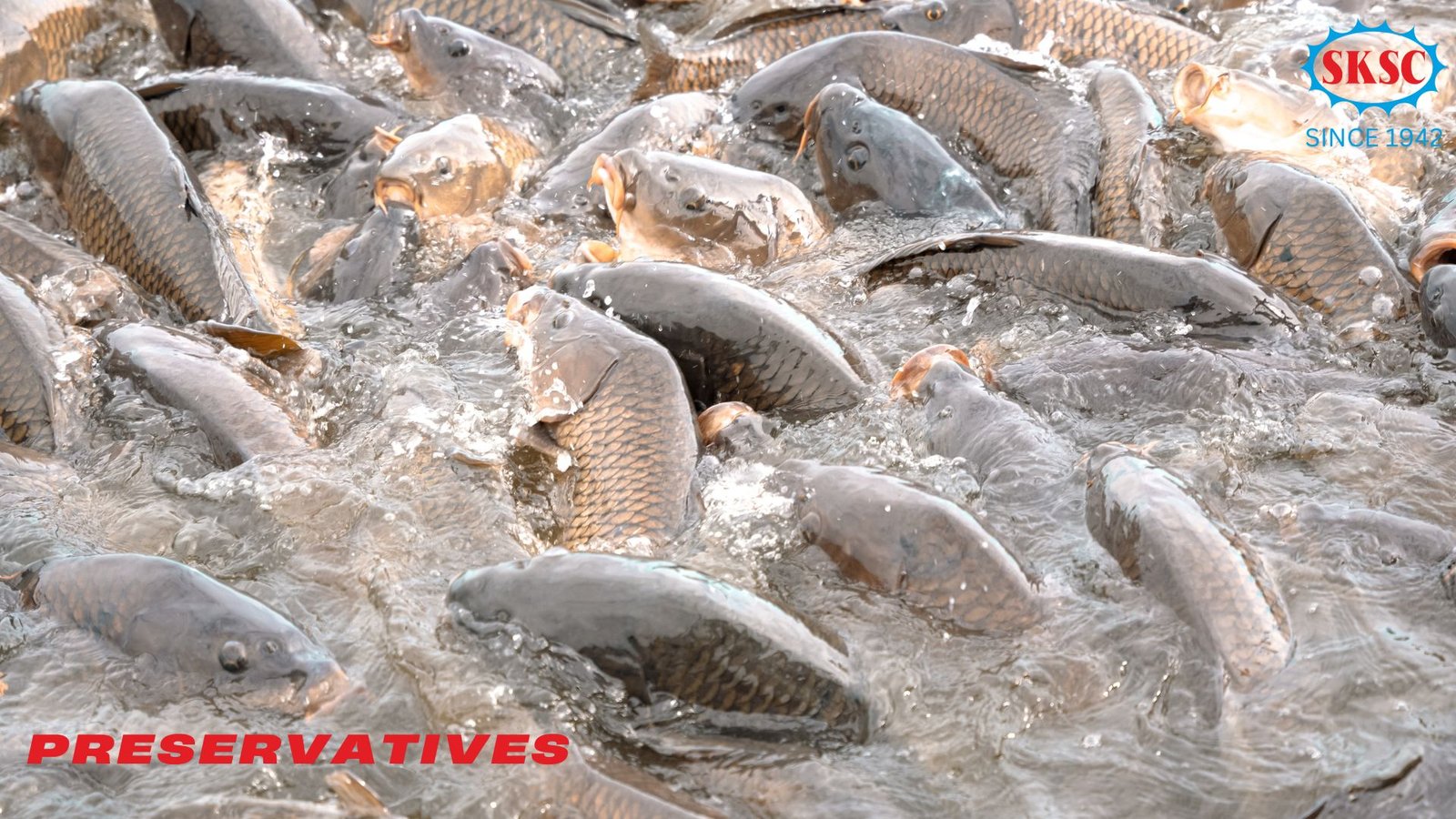Regardless of how you utilize it, one thing is clear: Most people tend to overlook salt. Salt hasn't always been such an ordinary item. For many centuries, it was a valuable resource used as currency, a catalyst for conflicts, and often a matter of survival. Salt was essential for preserving fish in ancient Egypt, enhancing Roman salad dressings, and even gauging a person's worth, which is where the expression "worth his salt" comes from. It sustained entire societies by preventing food from becoming dangerous due to bacteria. To comprehend how salt stops food from decaying, it's vital to first understand how it is utilized for preservation. Salt is applied in two main forms for food preservation: as granules or in brine, which is a mixture of salt and water. For instance, a ham might be cured using salt, while cucumbers are preserved (and transformed into pickles) through brine. The process of dry curing involves applying salt granules to the exterior of a piece of meat and letting it sit for several weeks. This is one of the oldest methods of curing meats. Contemporary methods can include injecting meat with a salt brine solution. Regardless of the form of salt used, this mineral not only preserves food but also inhibits the growth of bacteria, including harmful pathogens like salmonella, which can lead to foodborne illnesses, typhoid fever, and other serious health issues. Salt obstructs bacteria in numerous ways. It disrupts microbial activity by interfering with their enzymes and degrading their DNA. Most often, it operates through dehydration, extracting many of the water molecules that bacteria require for survival and reproduction. The water content in food is quantified by product water activity, a figure that indicates the available free water molecules. Fresh foods typically possess a product water activity of slightly less than 1.00 before being salted. This water activity decreases when salt draws moisture out of the food via osmosis. Essentially, the salt surrounding the food extracts water molecules and substitutes them with salt molecules until the concentration of salt is balanced both inside and outside the food.
S.K.S.C.NADARAJAN & BROR.
Salt company since 1942
Tuticorin Salt | crystal salt | crushed salt | relish freeflow salt | fine salt | coarse salt | size salt | Salt supplier | Kerala salt supplier | South indian salt export | South India salt company | thoothukudi saltern | Tuticorin saltern | deicing salt exporter | deicing salt tuticorin | Thoothukudi salt exporter | Thoothukudi traditional salt | Sea salt tuticorin | Sea salt Thoothukudi | Thoothukudi salt | India salt exporter tuticorin | salt Thoothukudi India | SKSC salt Tamil nadu | India old salt company | Salt company India | Salt company tamil nadu | Salt company Tuticorin | Tamil nadu Salt | India Salt | powder salt | natural salt india | Best salt company in south india | Salt seller Tuticorin | Salt seller in tamil nadu thoothukudi | retail table salt | common salt manufacturer | desalination salt | Salt for soap industry | Salt for dye industry | Salt for water softening | Salt for spice and masala industry | Iodised Salt | Iodized common Salt | Crystal edible salt
Back to Blog

